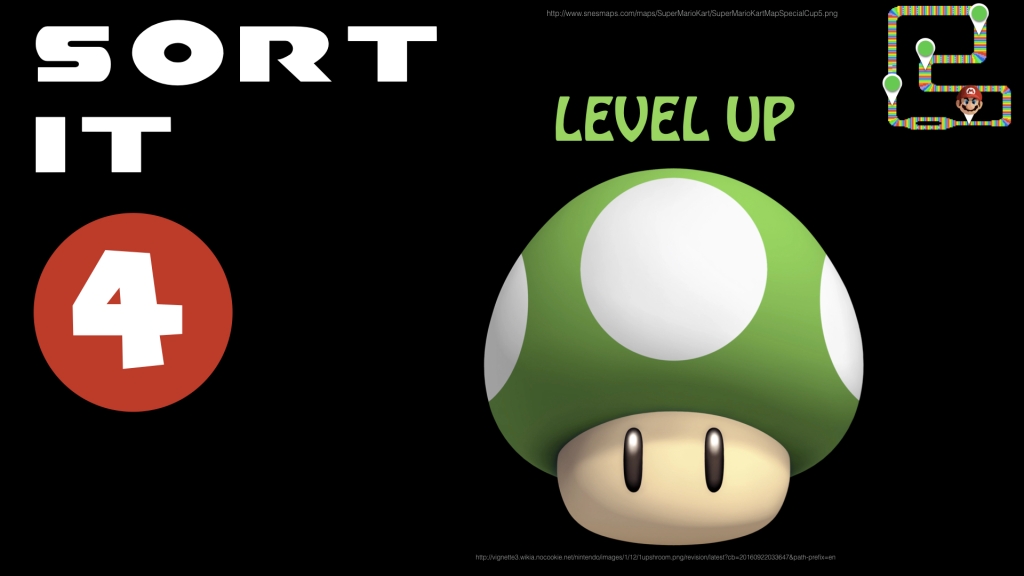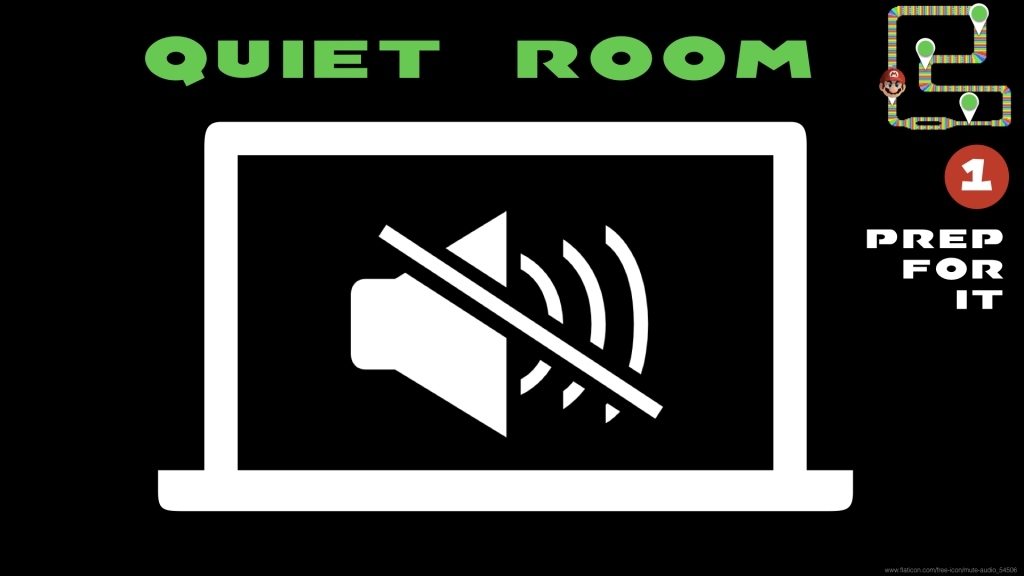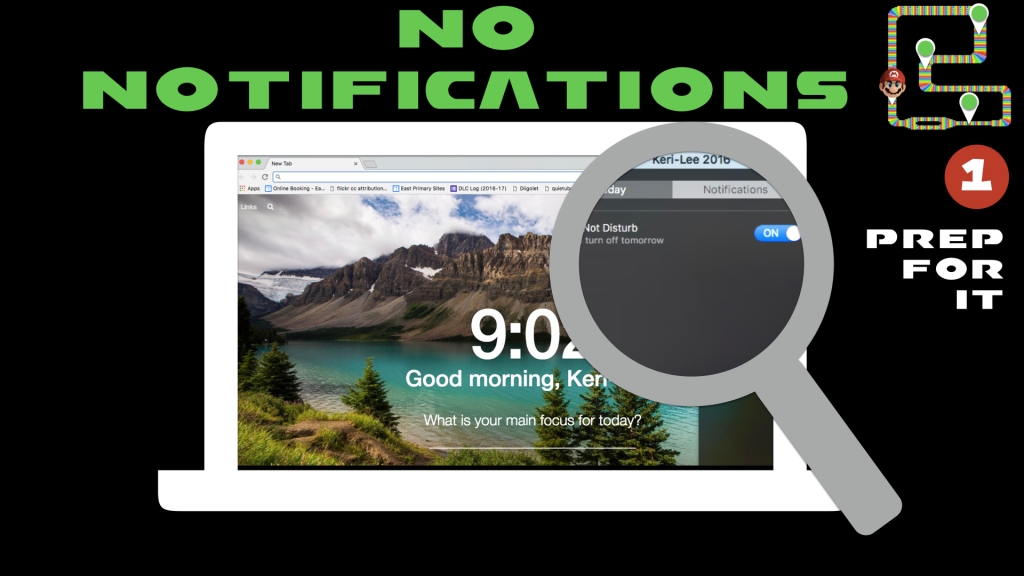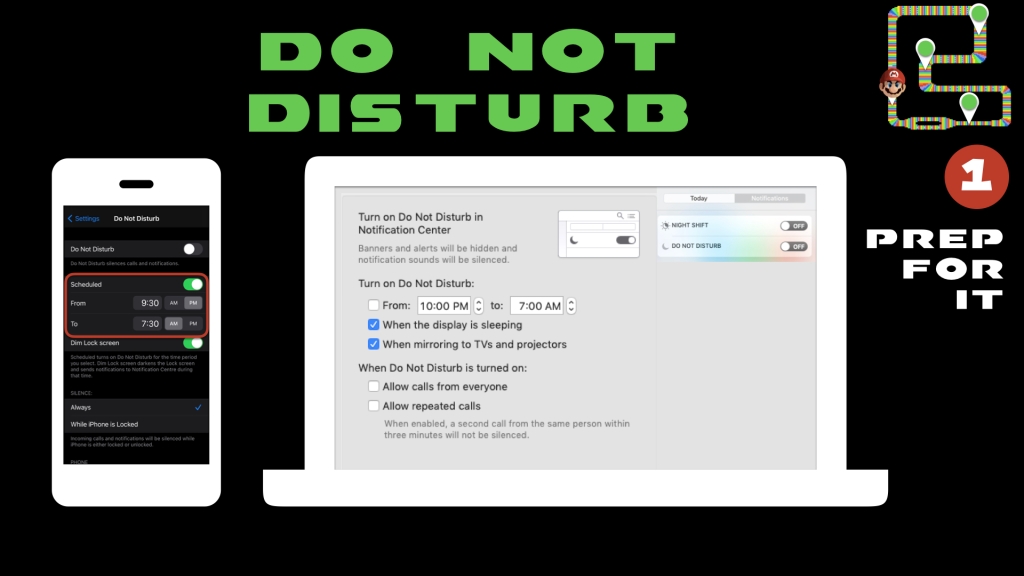
In terms of relevant life skills to foster in all students, managing distractions has to be high on the list. Our aim is to have students who can successfully focus on tasks and manage their time effectively. So how exactly do we go about helping our students achieve that?
We know “Knowledge is Power,” so providing background information and suggestions for how to maintain focus on tasks, is essential.
The following suggestions are taken from a presentation I will deliver to Grade 9 & 10 students here at the Western Academy of Beijing, organised around 4 key ideas:
1. Prep for it
2. Track it
3. Block it
4. Sort it

Just like choosing the right vehicle for the race, you need to set yourself up for success. Here are some tips for a positive start to your work:
Find a quiet space to work. If this is a challenge, consider noise-canceling headphones, which will allow you to concentrate more easily.
Many people like to listen to music while they work. I recommend people reconsider the use of music – particularly any music with lyrics – while they work. Evidence that music helps you study has not been proven. The famous “Mozart effect” has been discredited many times, so even classical music may not offer any advantages.
The Chrome/Edge extension Tab Snooze lets you ‘put tabs to sleep’ and wake them up at a later time. This is an option if you don’t want to lose those tabs.
Otherwise, close any tabs that don’t have any direct benefit to the work you are currently focusing on. Simple.
Turn off Notifications on your computer and your phone. Having a phone nearby can distract you, regardless of whether you have it on silent mode – so put your phone out of sight while studying.
Enable Night Shift on your devices so that you are more ready for sleep once you have finished your work
Enable Do Not Disturb on your Mac and iPhone/iPad so you are not distracted by friends/family wanting to chat.
On a Mac, use Reader View on Safari to remove advertising and other distracting elements when researching. This works only on articles where the 4 lines (shown in the magnifying glass) appear on the left of the address bar.
Reader Mode works just the same way, and can be added as a Chrome Extension or an Edge Browser Extension.
Don’t have any rotating backgrounds on your desktop. Visual movement (such as a gif, moving advertisement or background) attracts our attention. According to brain researcher John Medina, this is likely due to evolutionary causes, where visual movement indicated either potential threats or food sources. If we have moving objects in our periphery, we are likely to be more distracted.
Chrome extensions can often distract, but Momentum is a great choice of an extension that helps keep you on track. Each new tab prompts a beautiful image, an inspirational quote for the day, and the question: What is your main focus for today? There is also a To Do section, where you can add tasks, and have that satisfying feeling as you check each one off.
Consider the use of Pomodoro Timers. The Pomodoro Technique is a time management approach that breaks work periods into chunks (usually 25 mins), with rest periods (5 mins) in between. There are many websites/apps with timers you can use to chunk work into ‘pomodoros’, e.g. marinaratimer.com
If you hate the idea of studying alone, then Study With Me videos on YouTube could be just what you’re after! These videos are usually broken into Pomodoro style chunks of 20-25 mins with 5 min breaks built-in, and can last for as long as you need to study.

Perhaps you’re not entirely sure where your time goes when you’re trying to study? Maybe you’re adamant YouTube isn’t the problem? Either way, if you track it, you’ll know about it.
Screen time is available on a Mac now, along with iOS devices. You can see your usage statistics by app, and see your usage over a week or a day. This can help identify trends you may not be aware of, such as total pick-ups of your phone per day.
Using devices such as the Apple Watch or the Mi Band, you can track your sleep. People your age should be getting around 8-10 hours sleep a night. Adults should get about 7-8 hours a night. Sleep has a profound effect on your ability to concentrate. A recent study from the University of California, found (and other studies have confirmed) that to your brain, one sleepless night (being awake for over 19 hours) is the cognitive equivalent of being legally drunk.
Likewise, tracking your exercise or steps, using a phone, Apple Watch or exercise band will help you notice your physical activity (or inactivity). Studies such as Chang and Etnier (2009) have shown that moderate-intensity exercise is related to increased performance in working memory and cognitive flexibility, whereas high-intensity exercise improves the speed of information processing.

Ok, so you have tried prepping and tracking but you need to try something more proactive. Time to get some help by blocking some of the websites/apps that tend to lead you astray.
If you’re finding it a challenge to stay focused, you may choose to set downtime or app limits for entertainment apps, to help you be more productive.
Another possibility for Mac users is Self Control. You can download this and use it to temporarily block access to distracting websites.
Check out this cross-platform alternative: Chrome Extension StayFocusd. This option is highly configurable, and can allow you to spend a certain time period on certain websites, then restrict access.
Another Chrome/Edge extension is Forest. Whenever you want to stay focused, plant a tree. Your tree will grow while you focus on your work. Leaving the app halfway will cause your tree to die. You can grow your own garden!
Block colour: It is incredible the impact color has on your brain. Here is an image of my iPhone home page, with a number of notifications showing up. I did an experiment where I turned the color filter on to greyscale for 24 hours. It was horrifying! And yet, it worked. I just didn’t enjoy going on my phone as much as I usually did. It really curbed my usage. If you’re having trouble putting your phone away, try this!

If you get organised and plan for your work in advance, you can make life so much easier. Here are some tips to help you level up with your organisation.
My Study Life is a great website and app that helps you get organised. It’s designed especially for the needs of HS and University students. The good news is it also works well for flexible timetables like our 9-day rotating timetable. Available on all platforms, it can integrate with your school Microsoft/Google Account to provide you with reminders for whatever you need.
To Do is Microsoft’s organizational tool. You have access to this with your school Microsoft account. You can break tasks down into simple steps, add due dates, and set reminders for your daily checklist to keep you on track. You can also create shared lists if you have group projects to complete.
Available on all platforms, Evernote works across multiple devices and can even search your handwriting. Evernote has a list or to-do feature to help organize your life.

So there you go! I hope you have a few more tools at your disposal to help manage distractions. Below you will find a list of helpful resources (many of the ones mentioned above, and more). The more practice you have at managing your time effectively, the easier you will find it when those deadlines increase. All the best!
























